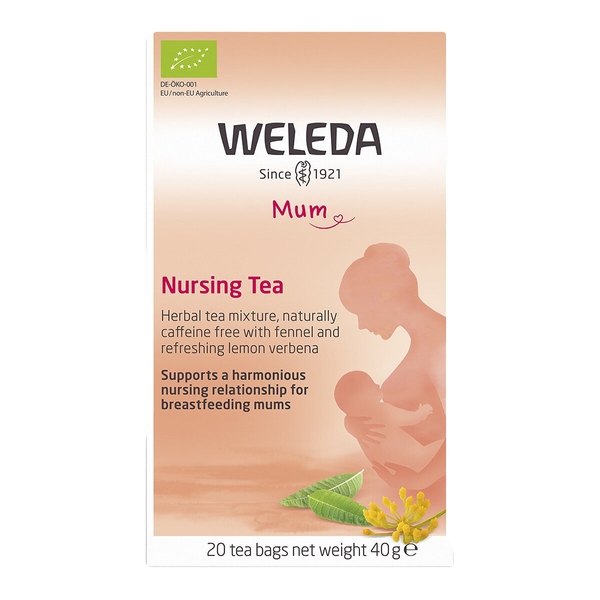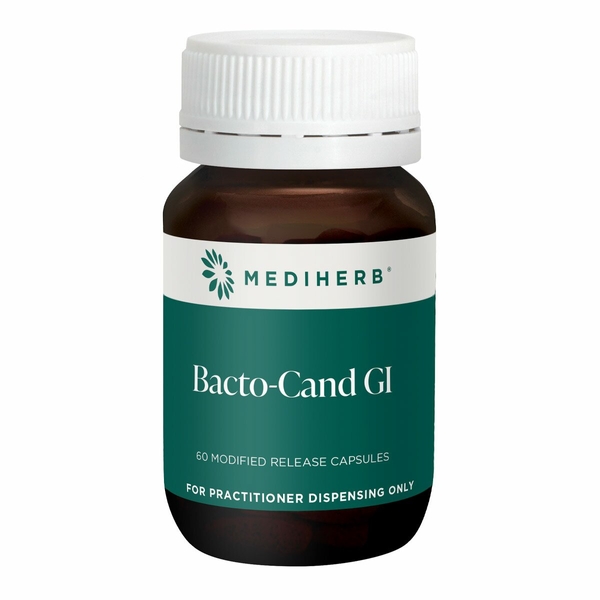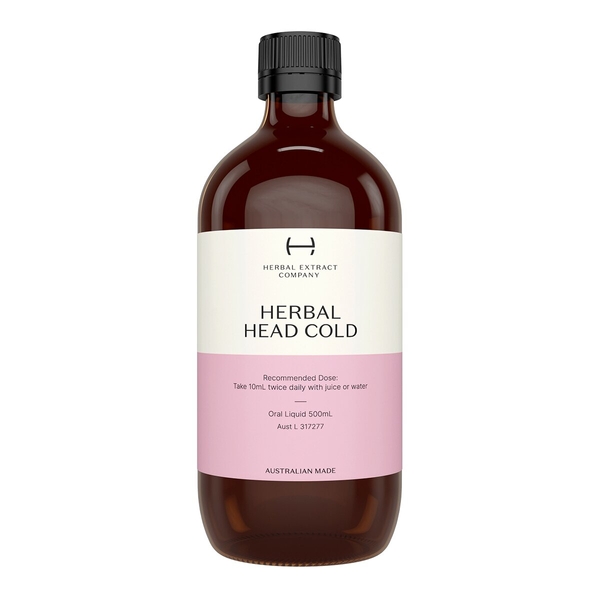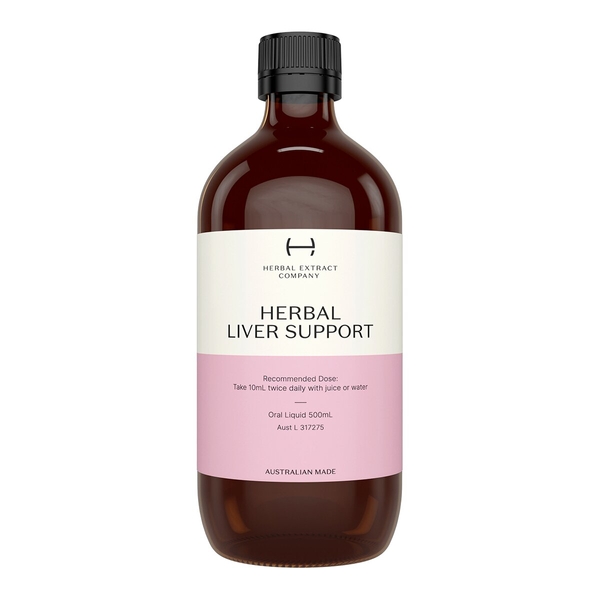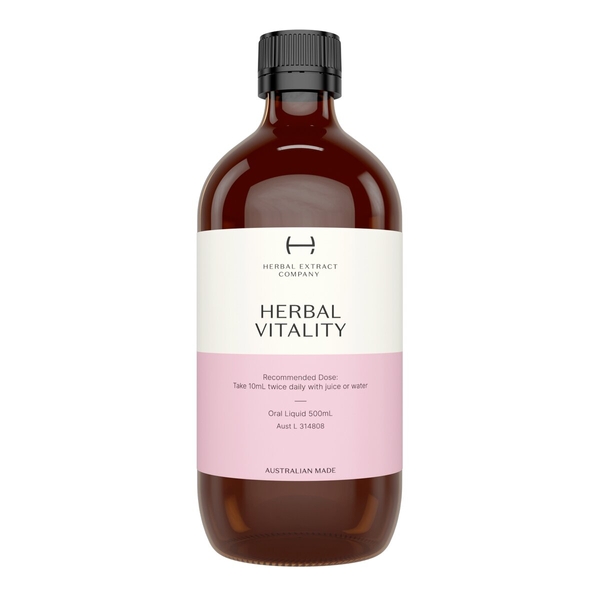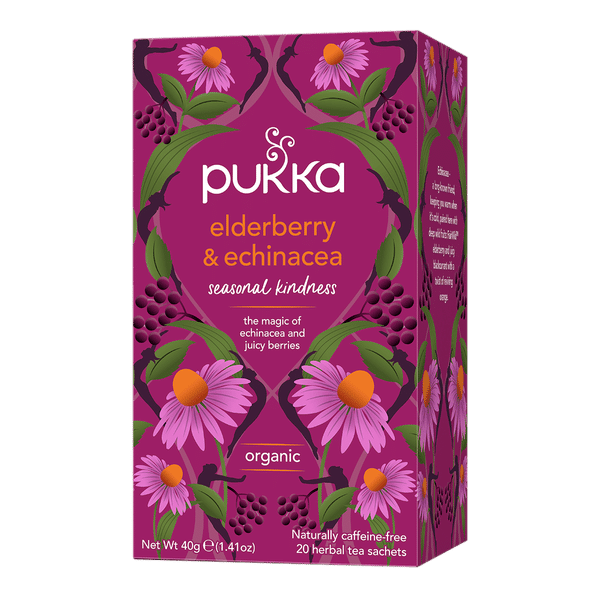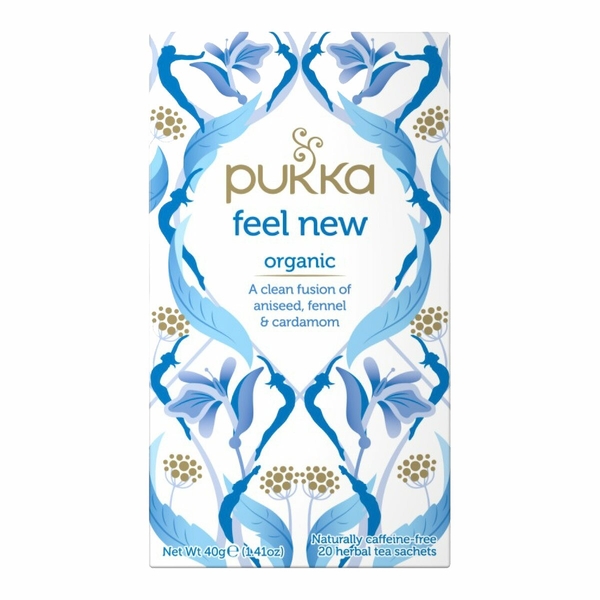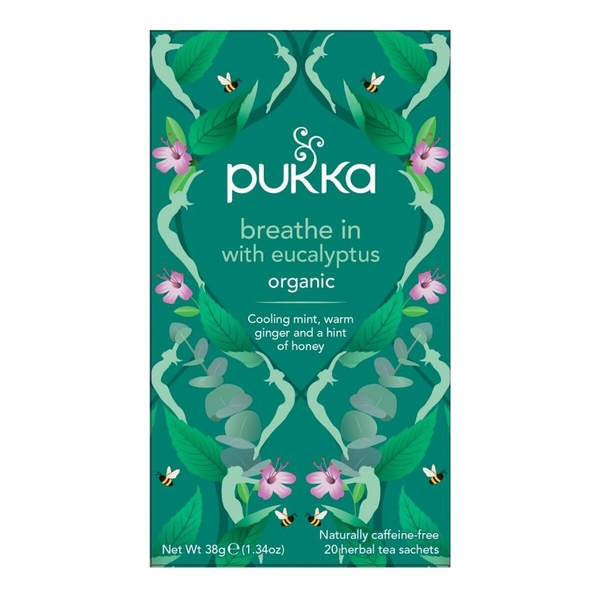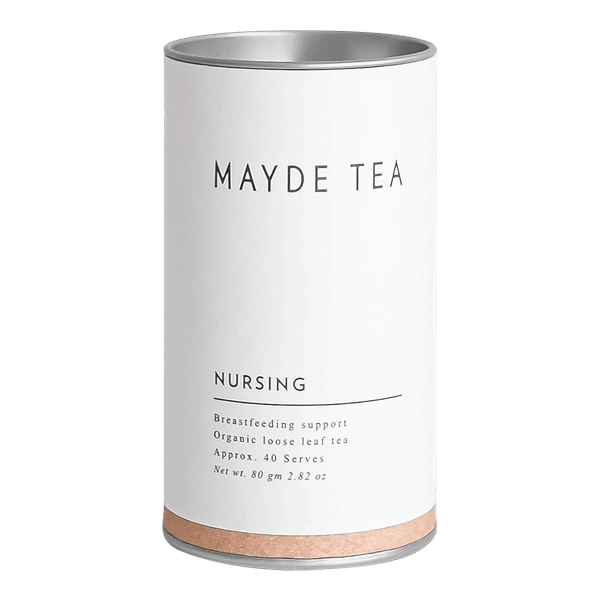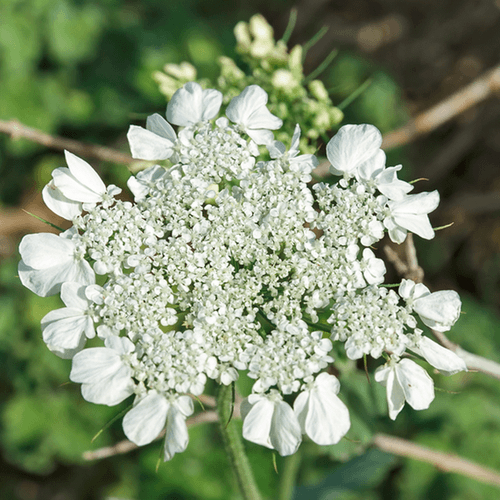
Background
Anise contains chemicals that might have estrogen-like effects, decrease swelling, and help fight off insects.
People use anise for indigestion, constipation, migraine, menopausal symptoms, and many other purposes, but there is no good scientific evidence to support these uses.
Don't confuse anise with star anise. These are not the same.
Safety Safety definitions
Special Precautions & Warnings:
Pregnancy and breast-feeding: Anise is commonly consumed in foods. But there isn't enough reliable information to know if anise is safe to use in larger amounts as medicine while pregnant or breast-feeding. Stay on the safe side and stick to food amounts.Children: Anise is commonly consumed in foods. But there isn't enough reliable information to know if anise is safe for children to use as medicine.
Allergies: Anise might cause allergic reactions in some people who are allergic to other plants that are similar to anise. Plants that are similar to anise include asparagus, caraway, celery, coriander, cumin, dill, and fennel.
Hormone-sensitive conditions: Anise might act like estrogen. If you have any condition that might be made worse by exposure to estrogen, don't use anise. This includes breast cancer, uterine cancer, ovarian cancer, endometriosis, and others.
Surgery: Anise might lower blood sugar levels. This might interfere with blood sugar control during and after surgery. Stop using anise at least 2 weeks before a scheduled surgery.
Effectiveness
Dosing & administration
As medicine, anise seed powder has most often been used by adults in doses of 5 grams by mouth daily for up to 2 months. Anise oil has most often been in doses of 200 mg by mouth three times daily for up to 4 weeks. Anise extract has most often been used in doses of 110-330 mg by mouth daily for up to 4 weeks. Speak with a healthcare provider to find out what type of product and dose might be best for a specific condition.
Interactions with pharmaceuticals
Acetaminophen (Tylenol, others)
Interaction Rating=Minor Be watchful with this combination.
Taking anise oil with acetaminophen might reduce the levels of acetaminophen in the blood. This might reduce how well acetaminophen works.
Birth control pills (Contraceptive drugs)
Interaction Rating=Moderate Be cautious with this combination.
Some birth control pills contain estrogen. Taking anise along with birth control pills might decrease the effects of birth control pills. If you take birth control pills along with anise, use an additional form of birth control such as a condom.
Caffeine
Interaction Rating=Moderate Be cautious with this combination.
Taking anise oil with caffeine might reduce the levels of caffeine in the blood. This might decrease the effects of caffeine.
Codeine
Interaction Rating=Moderate Be cautious with this combination.
Codeine is changed into morphine by the liver. Taking anise oil with codeine might increase the effects and side effects of codeine.
Diazepam (Valium)
Interaction Rating=Moderate Be cautious with this combination.
The body breaks down diazepam to get rid of it. Taking anise oil with diazepam might slow down how quickly the body breaks down diazepam. This might increase the effects and side effects of diazepam.
Estrogens
Interaction Rating=Moderate Be cautious with this combination.
Large amounts of anise might have some of the same effects as estrogen. Taking anise along with estrogen pills might increase or decrease the effects of estrogen pills.
Fluoxetine (Prozac)
Interaction Rating=Moderate Be cautious with this combination.
Taking anise oil with fluoxetine might reduce how well fluoxetine works.
Imipramine (Tofranil)
Interaction Rating=Moderate Be cautious with this combination.
Taking anise oil with imipramine might reduce how well imipramine works.
Medications for diabetes (Antidiabetes drugs)
Interaction Rating=Moderate Be cautious with this combination.
Anise might lower blood sugar levels. Taking anise along with diabetes medications might cause blood sugar to drop too low. Monitor your blood sugar closely.
Midazolam (Versed)
Interaction Rating=Moderate Be cautious with this combination.
The body breaks down midazolam to get rid of it. Anise oil might slow down how quickly the body breaks down midazolam. This might increase the effects and side effects of midazolam.
Tamoxifen (Nolvadex)
Interaction Rating=Moderate Be cautious with this combination.
Tamoxifen is used to help treat and prevent estrogen-sensitive cancers. Anise seems to affect estrogen levels in the body. By affecting estrogen in the body, anise might decrease the effects of tamoxifen.
Interactions with herbs & supplements
Interactions with foods
Products
View all products- Pimpinella anisum (Aniseed) (seed) oil
- Sambucus nigra ext. equiv. dry 2.1 g
- Euphrasia officinalis ext. equiv. dry 1.05 g
- Echinacea purpurea ext. equiv. dry 1.05 g
- Plantago lanceolata ext. equiv. dry 840 mg
- Achillea millefolium ext. equiv. dry 700 mg
- Tilia cordata ext. equiv. dry 700 mg
- Calendula officinalis ext. equiv. dry 420 mg
- Cinnamomum verum ext. equiv. dry 210 mg
- Water
- Glycerol
- Alcohol
- Pimpinella anisum (Aniseed) oil
- Cynara scolymus ext. equiv. dry 3 g
- Silybum marianum ext. equiv. dry 1.5 g
- Taraxacum officinale ext. equiv. dry 1.4 g
- Schisandra chinensis ext. equiv. dry 650 mg
- Bupleurum falcatum ext. equiv. dry 300 mg
- Rosmarinus officinalis ext. equiv. dry 150 mg
- Mentha x piperita oil
- Glycerol
- Water
- Alcohol
- Pimpinella anisum (Aniseed) oil
- Crataegus monogyna ext. equiv. dry 711 mg
- Rehmannia glutinosa ext. equiv. dry 711 mg
- Eleutherococcus senticosus ext. equiv. dry 533 mg
- Urtica dioica ext. equiv. dry 888 mg
- Petroselinum crispum ext. equiv. dry 888 mg
- Trifolium pratense ext. equiv. dry 711 mg
- Euphrasia officinalis ext. equiv. dry 711 mg
- Taraxacum officinale ext. equiv. dry 711 mg
- Avena sativa ext. equiv. dry 355 mg
- Equisetum arvense ext. equiv. dry 355 mg
- Vaccinium myrtillus ext. equiv. dry 107 mg
- Rosmarinus officinalis ext. equiv. dry 71 mg
- Cinnamomum verum ext. equiv. dry 71 mg
- Syzygium aromaticum ext. equiv. dry 18 mg
- Mentha x piperita oil
- Glycerol

